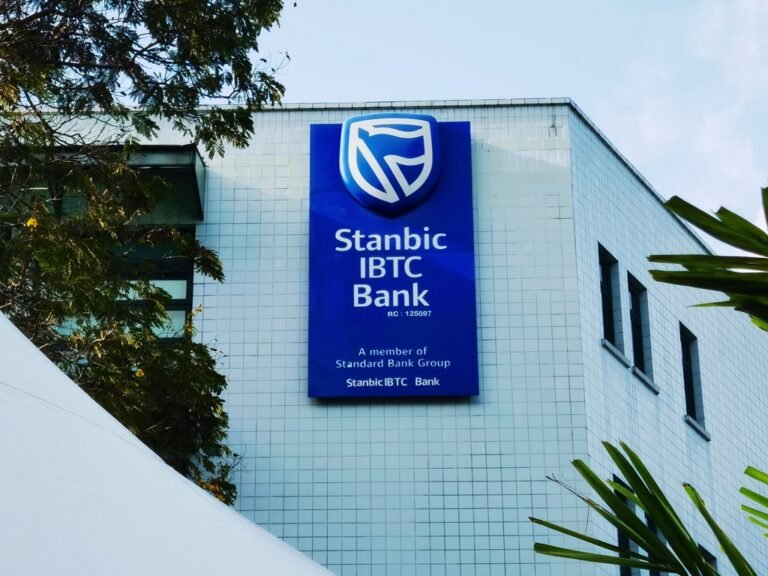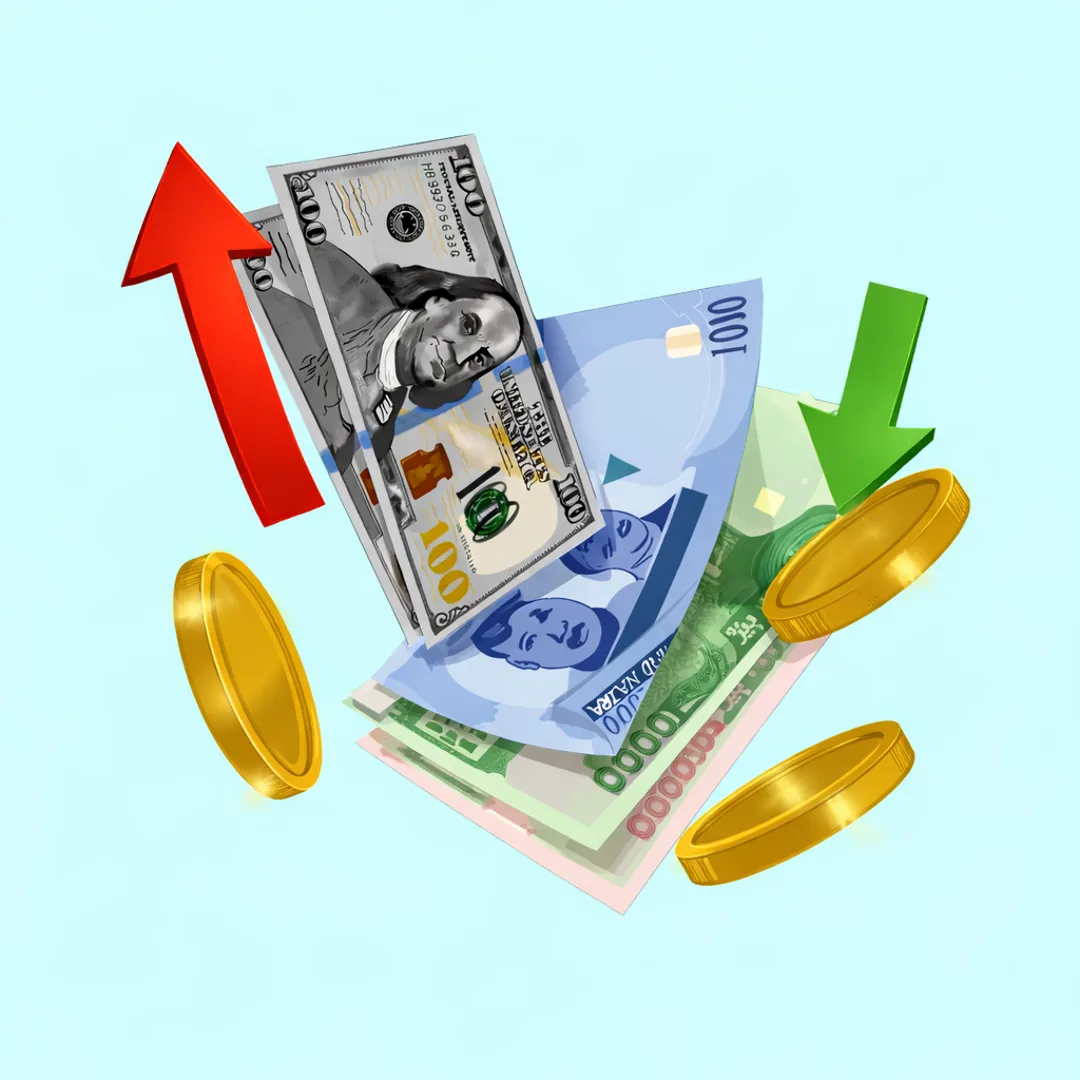The Ghanaian government announced the commencement of its domestic debt Exchange program On December 5 2022, as a means of restructuring the country’s debt to achieve sustainable levels.
The program has produced conflicting responses from observers and mixed outcomes for the Ghanaian economy just two years after it started. Concerns are raised about the implications for Ghana’s economic well-being and whether the finance ministry deserves praise for this.
Background
The debt exchange program was introduced to focus on renegotiating terms with domestic bondholders by exchanging old bonds for new ones. This was to help ease the short-term burden the country was facing.
The total public debt of the nation increased from $32.3 billion in 2017 to $48.87 billion as of October 2022. This was about 84% of the country’s GDP.
While domestic debt was $26.3 billion, or 37.8% of GDP, external debt was $28.1 billion, or 40.5% of GDP. The country’s debt-to-GDP ratio was projected to reach 107% by the end of 2022, according to the World Bank.
The increase in Ghana’s domestic debt was attributed to rising interest costs, while the sharp increase in external debt was attributed to the depreciation of the Ghana cedi against major trading currencies.
The Ghanaian Minister of Finance, Dr Mohammed Amin Adam, stated that the depreciation of the local currency added GHC93.9 billion to the external debt since the beginning of 2022.
The country as a result of these debts faced a a high fiscal deficit, which created economic challenges for the nation.
Due to these challenges, the Ghanaian government had to turn to the International Monetary Fund (IMF) for assistance, for the 17th time after a new electronic transaction tax (e-levy) of 1.5% on all electronic transfers over GHS100 did not generate the expected revenue for the government.
To tackle this, the country had to resort to the Domestic Debt Exchange program.
Why The Domestic Debt Exchange Program?
The domestic exchange program became necessary for a variety of reasons.
By the time the Ghanaian government declared effective sovereign bankruptcy in 2022, nearly 70% of all domestic tax revenues were being used to service debt, and of that amount, a massive 75% went to domestic creditors.
This was because Ghana’s large domestic bond market, profitable banking system, and relatively sophisticated capital market, which has helped keep the country’s debt profile low, had failed to do that.
This failure was so bad that the Central Bank was compelled to print cash equivalent to nearly half of domestic government revenue just to support debt servicing expenses.
The government eventually turned to the IMF as a result of the unchecked inflation and skyrocketing exchange rate depreciation brought on by the cash printing and loss of access to global capital markets.
In exchange for a $3 billion loan, the IMF ordered the Ghanaian government to restructure its unmanageable debt.
The $12 billion savings
The exchange program introduced to help ease the short-term burden the country was facing ended up saving $12 billion through various means.:
- Bond maturity extension and interest rate reduction: The government managed to convince bondholders to swap old bonds for new ones, providing longer maturity dates and a reduced interest rate. This reduced the interest rate and lowered the costs of debt servicing.
- Meeting IMF Condition: By restructuring its domestic debt, which is what the IMF asked for, the government was able to unlock the $3 billion support package the body promised.
- Reduction of Exchange Rate Pressures: The program reduced the pressure on the Ghanaian cedis which faced currency appreciation.
All these actions enabled ghana to save $12 billion allowing it to allocate its money to national development.
Economic Impact of Savings
The government saving up to $12 billion through the exchange program allows it to reduce debt servicing costs, thereby freeing up substantial funds.
These funds could then be pumped into the country’s infrastructural sectors like healthcare, education, and infrastructure, which have suffered in previous years.
The government now has more financial flexibility to invest in these areas, which would drive long-term economic growth.
The savings also show that Ghana has good creditworthiness; this can lead to better credit ratings and the attraction of foreign investment. These investments would push for more capital access, providing of jobs, etc, thereby increasing economic growth.
The long-term impact of the exchange program will depend on how well the country’s financial sector adapts and boosts development.
Should the Finance ministry be applauded?
The question of the finance ministry being praised is multifaced, as on one hand, the execution of the program is an achievement that provided $12 billion in savings, while on the other hand, it opens up the challenge of maintaining this fiscal discipline.
The program’s benefit might not fully develop if the government doesn’t pursue a balanced approach.
Although this provides a fiscal opening for the government, it is only short-term relief that provides long-term gains. However, it cannot last forever.


























